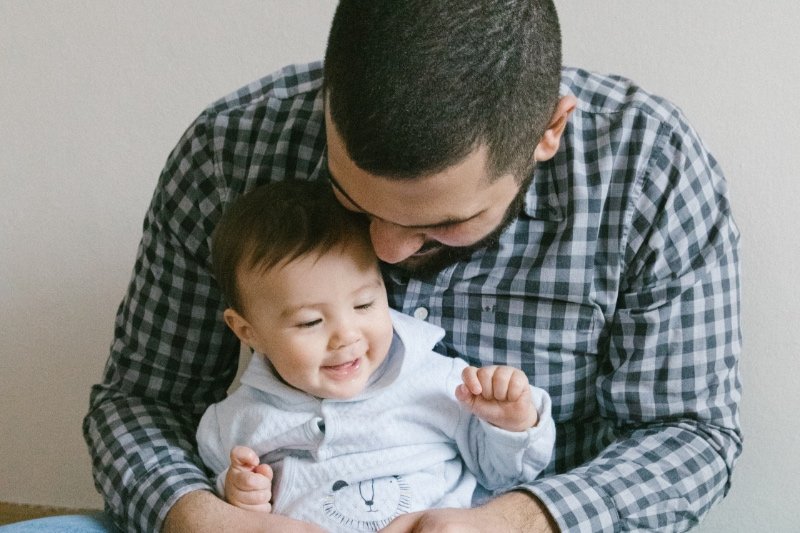Serving in the military is an honorable duty, but it comes with its own set of risks and challenges. Often, our brave heroes return home from overseas feeling overwhelmed or have difficulty adjusting to civilian life. Over the years, it has become increasingly evident that many of our veterans are living with mental health issues. Unfortunately, many struggling veterans don't get the help they need, which can lead to devastating consequences. In this post, I will discuss the mental health impact on veterans and why therapy matters.
The constant exposure to traumatic experiences can have a significant impact on a person's mental health. For our service members, the effects of war, the fear of death or injury, and the brutality of violence can lead to post-traumatic stress disorder (PTSD), anxiety, depression, and other debilitating conditions. Veterans who have experienced these conditions often feel a sense of shame or stigmatization that prevents them from accessing mental health services. However, seeking therapy is one of the most critical steps towards recovery. It provides a safe space where veterans can work through their emotions, thoughts, and trauma.
Given the stigmatization surrounding mental health and seeking help that some veterans face, many organizations and therapists are working to make significant strides in providing accessible mental health services. Therapists who work with veterans often use various evidence-based therapies, such as Eye Movement Desensitization and Reprocessing (EMDR). They tailor treatments to the individual needs of service members, and sessions are often conducted one-on-one. Moreover, some treatments involve family members or close friends, which can provide a supportive network for veterans.
Given the unique challenges that veterans face its important to find a therapist specifically trained in working with veterans who understand the military culture. The military culture stressors, especially long deployments, and high operational tempos that come with the profession, can be traumatic for service members.
In conclusion, mental health remains a significant problem for our veterans. Mental health problems are often considered part of the invisible wounds of war, given that it is often stigmatized, and the need for help to treat these problems is often overlooked. If you are a veteran or know someone who needs help, we offer mental health services, including EMDR, to support veterans' and help them overcome their challenges. The road to recovery is never easy, but it is essential to seek support when you need it. With therapy, veterans can find recovery.








